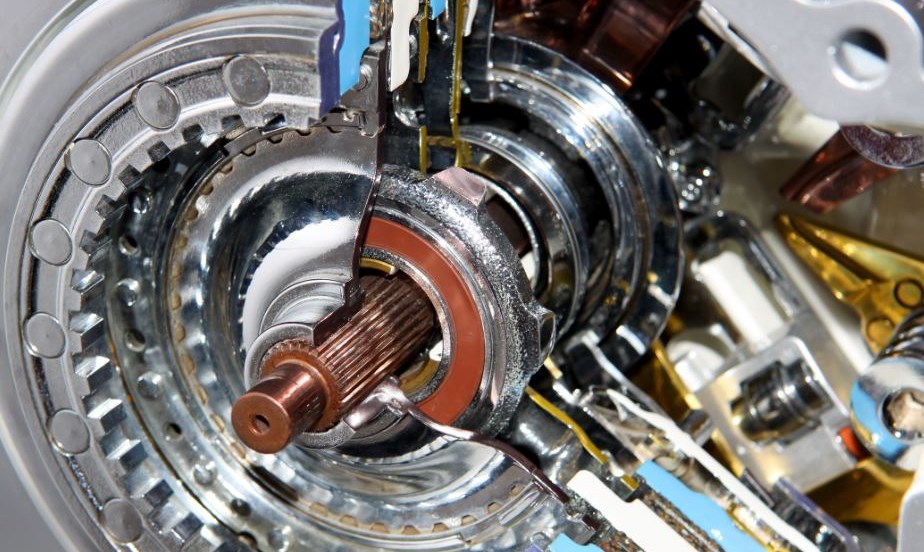Ask a Technician: What Happens If My Transmission Fails?

Look out for these telltale signs
Your car's transmission is a vital component in keeping your vehicle running smoothly. All engines have a point at which the revolutions per minute (rpm) exceed a safe level. This is called the redline. There are also relatively narrow ranges of rpm when the torque and horsepower are at an optimum level. The driver changes gears to ensure that the engine's rpm stays safely below the redline and nearest the band of rpm that ensures the most effective performance.
Here's what you need to know to ensure that yours is working correctly.
More Moving Pieces = More Potential Problems
Transmissions have a number of different parts, which may include the clutch(es), layshaft, differential, and/or torque converter depending on the type. Any one of these parts could fail, which in turn would have an impact on the transmission overall and therefore the car's performance. These failures could be caused by a number of different factors. For example, a person's driving style could cause wear or damage on the parts while a collision with an object or something thrown up from the road surface could also cause damage. Additionally, all of a transmission's parts wear naturally over time, and failure could simply be attributed to natural usage.
Symptoms of a Transmission Issue
There are a number of symptoms that indicate you have a problem with your transmission. When a gear slips or fails to engage, the engine will lose power or will idle very high due to surging RPMs. The odd problem may be down to user error, but if the gears slip on a regular basis, it could indicate a more serious problem, commonly referred to as a "blown" transmission. If the engine continually stalls or continues to surge when the gear is shifted, the transmission may well have blown.
Common Manual Transmission Woes
In manual transmissions, a dragging clutch occurs when the system fails to disengage the clutch disk from its flywheel when the driver presses the clutch pedal. This will prevent the gears from changing, due to the clutch still spinning with the engine. You'll know when this happens because of the grinding noise. This can happen occasionally, but regular problems indicate a more serious issue.
Other Things To Listen Out For
Other signs that the transmission is failing include noises. Any strange noise in the engine is unwelcome, but in the event that the transmission fails, you can often detect a knocking or bumping noise, particularly when you are in neutral. The car may also produce foul-smelling smoke. This is probably the smell of burning transmission fluid. This fluid is intended to keep the moving parts lubricated and also cools the system. A leak can lead to low fluid levels, which in turn could cause overheating and burning.
Common Transmission Misconceptions
There is a common misconception that if the transmission fails, the car will be locked at a certain speed and will not be able to speed up or slow down. This is not the case. In effect, if the transmission fails, the engine will continue to turn while the wheels do not, which means that you simply won't be going anywhere. If you are in any doubt about your transmission, it is extremely unwise to keep driving. You should arrange for the car to be towed to your local dealership, where the service department should examine it straight away.
Have more questions or are concerned that our vehicle's transmission might be in trouble? Not to worry! Simply call, contact us online, or visit us in person at 505 W. Franklin St., Chapel Hill, NC 27516 today.
